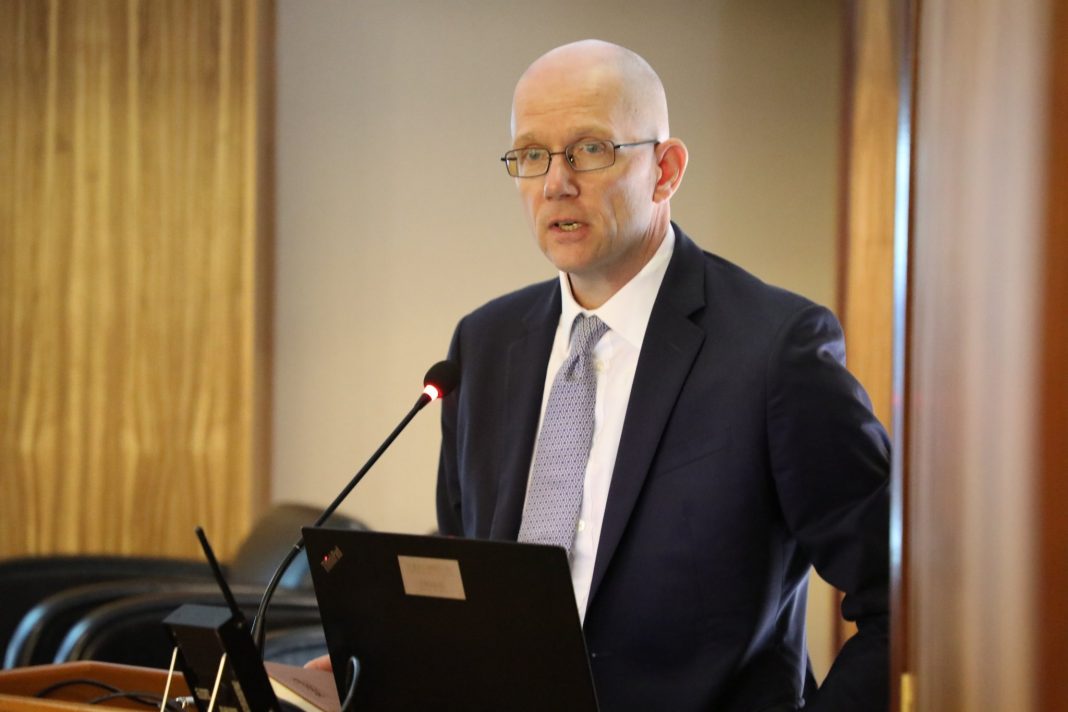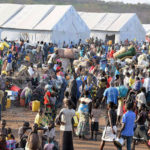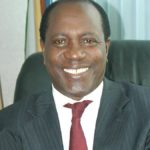The newly released World Bank report, has indicated that poverty among refugees and host communities in Uganda has significantly increased.
Currently, Uganda is hosting 1.3 million refugees making it the country with the highest number of refugees in Africa and the third largest in the world. Refugees in Uganda access the same social services as their local host community and are free to move and work.
Despite feeling safe and secure in Uganda, about half of the refugee population live under extreme poverty, compared to 17 per cent of the host population.
According to the report, released by World Bank Country Manager for Uganda, Tony Thompson, West Nile region a region that hosts the Bidi-Bidi, a refugee camp with the highest number of asylum seekers, 60 per cent of refugees are poor and around 30 per cent of hosts are poor.
“More that 54 per cent of refugees depend on humanitarian assistance as their main source of income as compared to less than two per cent for the hosts. Their inability to generate income is constrained by low levels of human capital as less than eight per cent have received skills or job training.” Reads the report.
According to Thompson, progressive and welcoming approach towards refugees is a good model for other host countries however much more is needed to improve the social and economic well being of refugees and host communities.
“The people of Uganda have been incredibly generous towards refugees, and this generosity of the host communities should be recognized by supporting them to have a higher quality of life. This study provides an evidence-based understanding of the living conditions of both refugees and hosts, which we expect will inform policy and programming for the national refugee response,” he said
The report shows that about 95 per cent of refugees and 66 per cent of hosts have access to improved water while access to electricity stands at around 50 per cent for both. Primary school enrollment is almost at par with refugees at 65 per cent and hosts at 68 per cent. Completion rates and secondary enrollment rates remain low for both populations but particularly for refugees, and the same goes for improved sanitation.
The health and healthcare access of both populations however, remains similar. More than 80 per cent of refugees and hosts reported consulting a healthcare provider when sick. Refugees are geographically closer to health centers, with at least 75 per cent traveling three kilometers to reach a healthcare center when ill, compared to 65 per cent of hosts. This is made easier by Non-Governmental Organizations that provide healthcare services for refugees within or very close to the designated refugee settlements.
The report indicates that, refugees contribute significantly to the local economy, by purchasing goods and services in the local markets and operating businesses. About one in five employees of refugee enterprises is a Ugandan and around 54 per cent sell off their crops. However, weather shock and low access to agricultural inputs constrains their productivity which makes them food insecure and to rely on humanitarian assistance.
The bank has however recommended for measures to improve self-reliance of refugees and communities that host them to enhance both their living conditions, and contribution to the Ugandan economy. These include raising the productivity of agricultural activities through the provision of inputs and extension services, as well as creating job opportunities in non-agricultural sectors.








